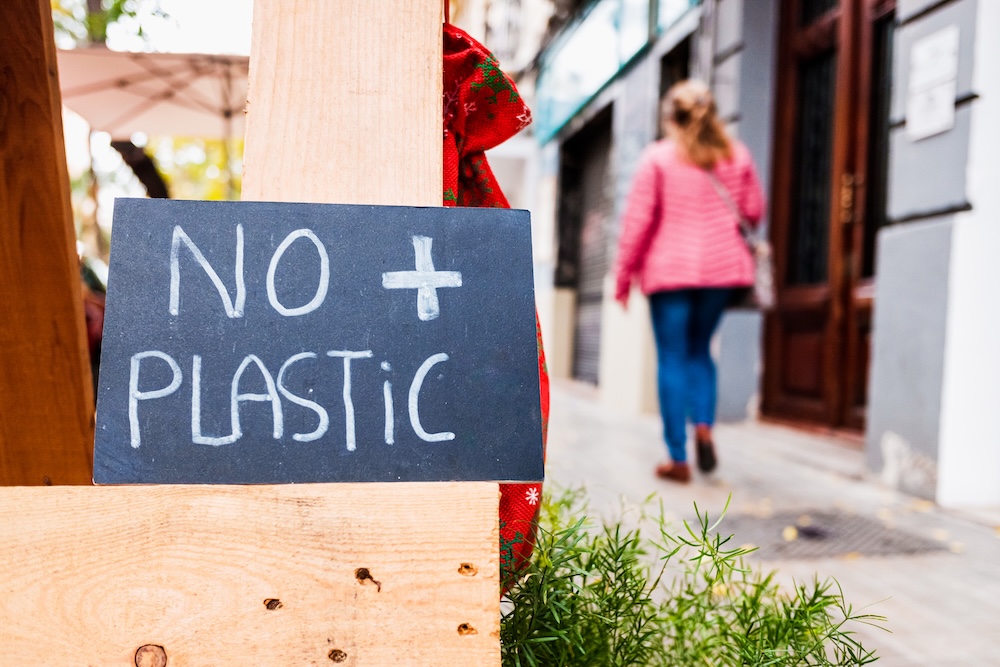The Zero Waste Movement
Zero waste is more than a buzzword — it’s a philosophy of taking control over how we consume, reuse, and conserve. The goal is simple but powerful: design out waste and keep resources circulating in a circular economy. Guided by the “5 R’s” — refuse, reduce, reuse, recycle, and rot — the movement shifts responsibility away from landfill-driven models and back into our hands.
But a question often comes up: Who controls zero waste? Is it governments, corporations, or waste management companies? The truth is that while big players shape systems, the power of zero waste rests with us — the communities, households, and individuals who decide what to buy, how to reuse, and how to demand better solutions.
Who Really Shapes Zero Waste?
The Role of Industry and Policy
Waste management companies, manufacturers, and policymakers influence the systems we work within — curbside recycling rules, packaging design, or landfill policies. These structures matter, but they don’t define the movement. In fact, many large waste firms rely on the existence of waste to stay profitable, which can slow systemic change.
The Role of Communities and Individuals
The real shift happens at the local level. Neighborhood composting, refill shops, clothing swaps, bulk buying clubs, and grassroots advocacy are proving that ordinary people can lead the charge. By rethinking daily habits and pressuring businesses to do better, communities take ownership of waste reduction in ways corporations cannot.
Responsible Companies Can Partner, Not Control
Some global brands, like Unilever and Patagonia, are making strides toward more sustainable packaging and supply chains. Their participation matters, but it doesn’t equal control. When companies align with zero waste values, they’re joining our movement, not the other way around.
Building Confidence in Zero Waste Change
One of the biggest myths about sustainability is that individuals are powerless compared to corporations. In reality, entire industries shift when consumers demand better. Single-use plastic bans, composting programs, and refill stores exist today because people spoke up, adjusted their habits, and proved there was a better way.
Your role matters. Choosing a reusable bag may seem small, but multiplied by millions of people, it reduces billions of disposable bags. Starting a compost pile at home may feel personal, but when neighborhoods do it together, it transforms food waste into healthy soil and prevents methane from landfills. Each act of ownership builds momentum.
Zero waste is not about perfection — it’s about persistence. By taking control of what you can, you remind yourself and those around you that solutions are within reach. Confidence grows when small wins stack up, and those wins ripple out into families, communities, businesses, and governments. The movement is strongest when people realize they don’t need permission to change how they live.
Strategies to Keep Zero Waste in Our Hands
- Promote Transparency: Push for clearer information about recycling rates, packaging choices, and corporate claims. Greenwashing thrives in silence.
- Build Community Solutions: From tool libraries to neighborhood compost programs, local ownership ensures solutions reflect local needs.
- Support Responsible Brands: Choose companies that minimize packaging, offer repair or take-back programs, and prove their commitment with data, not slogans.
- Educate and Share: Conversations, workshops, and even small daily swaps inspire ripple effects — turning individual choices into community norms.
- Celebrate Progress: Acknowledge every step forward. Progress builds confidence and shows that change is not only possible — it’s already happening.
Final Thoughts
Zero waste isn’t controlled by corporations or governments. It belongs to all of us. Every refusal of single-use plastic, every compost bin, every repair workshop is an act of ownership — proof that we can shape a future where waste is no longer the norm.
The power to build a zero waste world doesn’t sit in boardrooms or policy papers alone. It lives in kitchens, classrooms, and communities. And when millions of us take small, consistent steps, those ripples grow into waves of change strong enough to shift entire systems.
By embracing this confidence and seeing ourselves as the true owners of zero waste, we build not just a sustainable future but a hopeful one. A world where every choice matters — because it does.









Reader Interactions